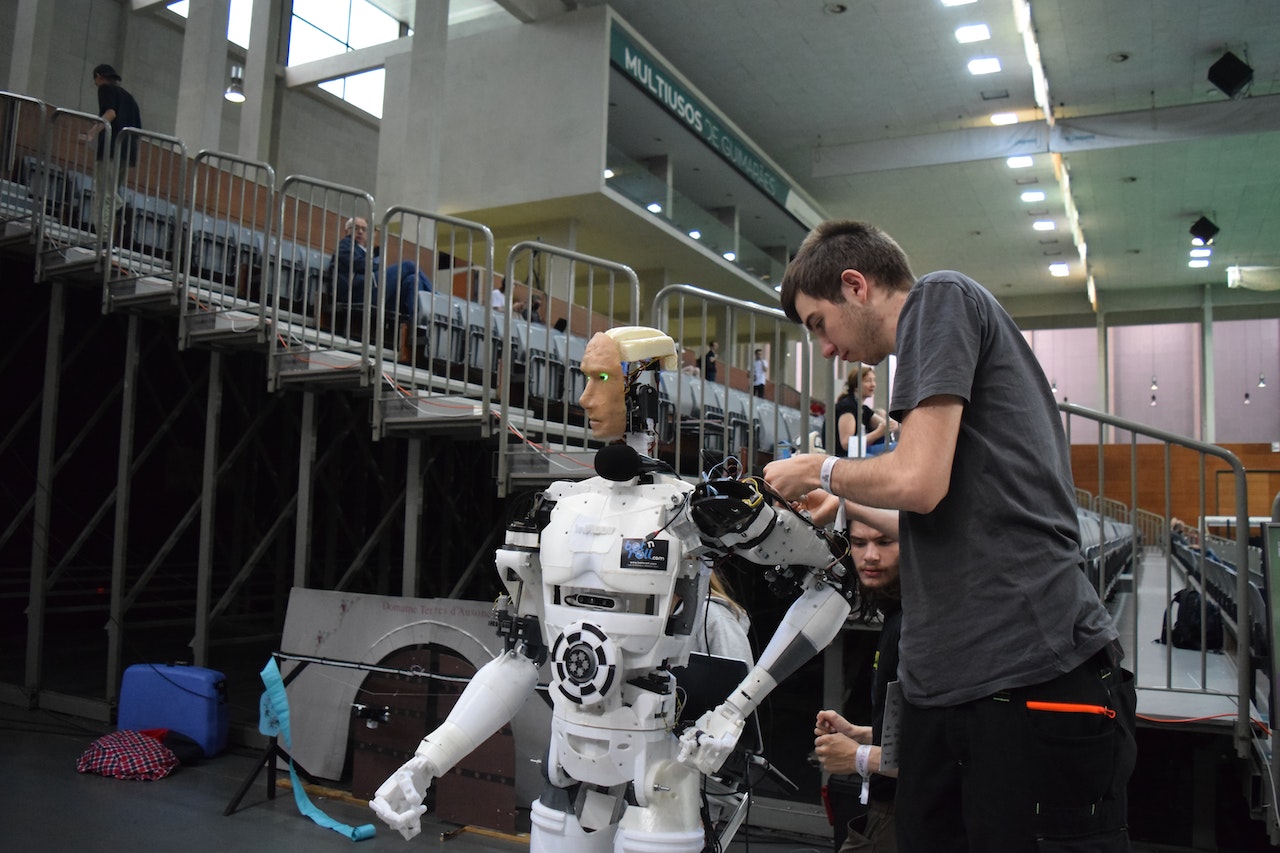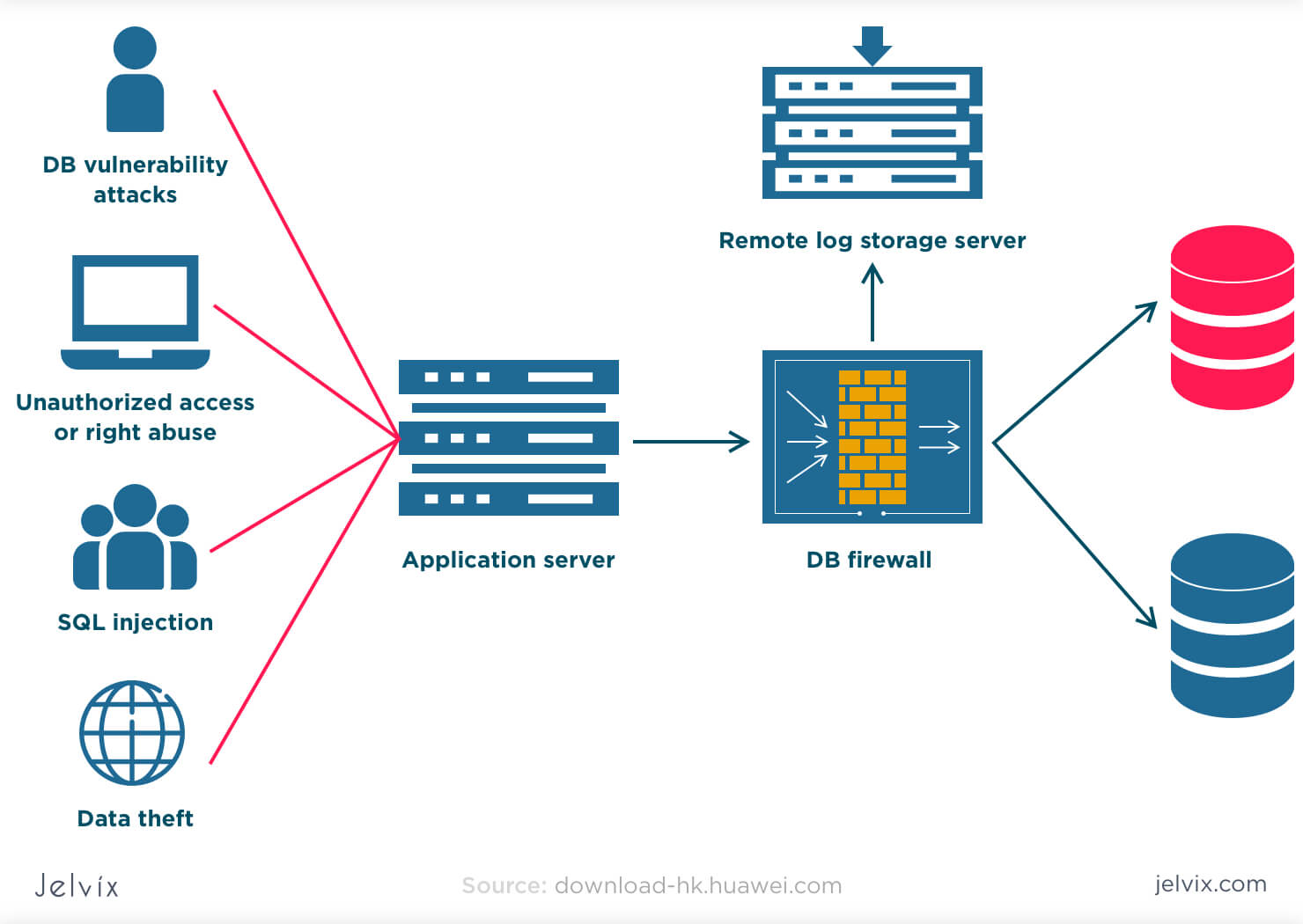Quantum Computing: Unleashing its Capabilities and Exploring its Potential
Quantum computing has emerged as an innovative field that holds immense promise for revolutionizing various industries. With its unparalleled processing power, this technology has the potential to solve complex problems that are practically impossible for classical computers to tackle. In this blog post, we will delve into the capabilities of quantum computing and explore the vast potential it offers.
Understanding Quantum Computing
Quantum computing is based on the principles of quantum mechanics, which govern the behavior of subatomic particles. While classical computers use bits to store and process information, quantum computers employ quantum bits, or qubits, which can exist in multiple states simultaneously. This property, called superposition, allows quantum computers to perform calculations in parallel and explore multiple solutions simultaneously.
Enhanced Computational Power
One of the key advantages of quantum computing is its remarkable computational power. Quantum computers have the potential to solve complex mathematical problems with incredible speed. For instance, algorithms that could take classical computers years or even centuries to solve can be solved by quantum computers in a matter of seconds. This exponential increase in computational power opens up new frontiers in various domains, including cryptography, optimization, material science, drug discovery, and more.
Quantum Cryptography
Cryptography, the practice of securing communication, is a crucial aspect of our digitally connected world. Quantum computing offers the potential to revolutionize cryptography through the development of quantum-resistant encryption algorithms. While classical computers can crack existing encryption methods, quantum computers can provide robust security through algorithms rooted in quantum principles, such as quantum key distribution (QKD). QKD relies on the principles of quantum mechanics to establish secure, unbreakable communication channels.
Optimization and Simulation
Quantum computers can optimize complex systems and simulate natural phenomena that are challenging for classical computers. Optimizing supply chains, logistics networks, financial portfolios, and energy grids are just a few areas where quantum computing can have a significant impact. Moreover, quantum simulations enable researchers to model molecular interactions, predict material properties, and develop new drugs with greater efficiency. These capabilities hold great promise for accelerating scientific discoveries and driving innovation in numerous industries.
Challenges and Limitations
While quantum computing is poised to revolutionize the technological landscape, it is still in its nascent stages with several challenges to overcome. One major roadblock is the issue of qubit stability and coherence, as qubits are highly sensitive to external disturbances. Researchers are exploring various qubit technologies, such as superconducting qubits and trapped-ion qubits, to improve stability and prolong coherence times. Additionally, scaling up the number of qubits to create reliable and practical quantum computers remains a significant challenge.
The Future of Quantum Computing
Despite the challenges, the potential of quantum computing is vast and captivating. Major tech giants, such as IBM, Google, and Microsoft, along with startups, are investing heavily in quantum research and development. As the field progresses, we can expect breakthroughs that will drive practical applications of quantum computing, making it an indispensable tool for solving complex problems across industries.
In conclusion, quantum computing holds the key to unlocking unprecedented computational power and revolutionizing various domains. Its capabilities to solve complex problems, enhance security, optimize systems, and revolutionize scientific simulations are remarkable. Although challenges remain, the future of quantum computing looks promising. As the field progresses, we are on the brink of a new era of technology that will change the world as we know it. Prepare to embrace this quantum leap into the future.
(words: 530)











